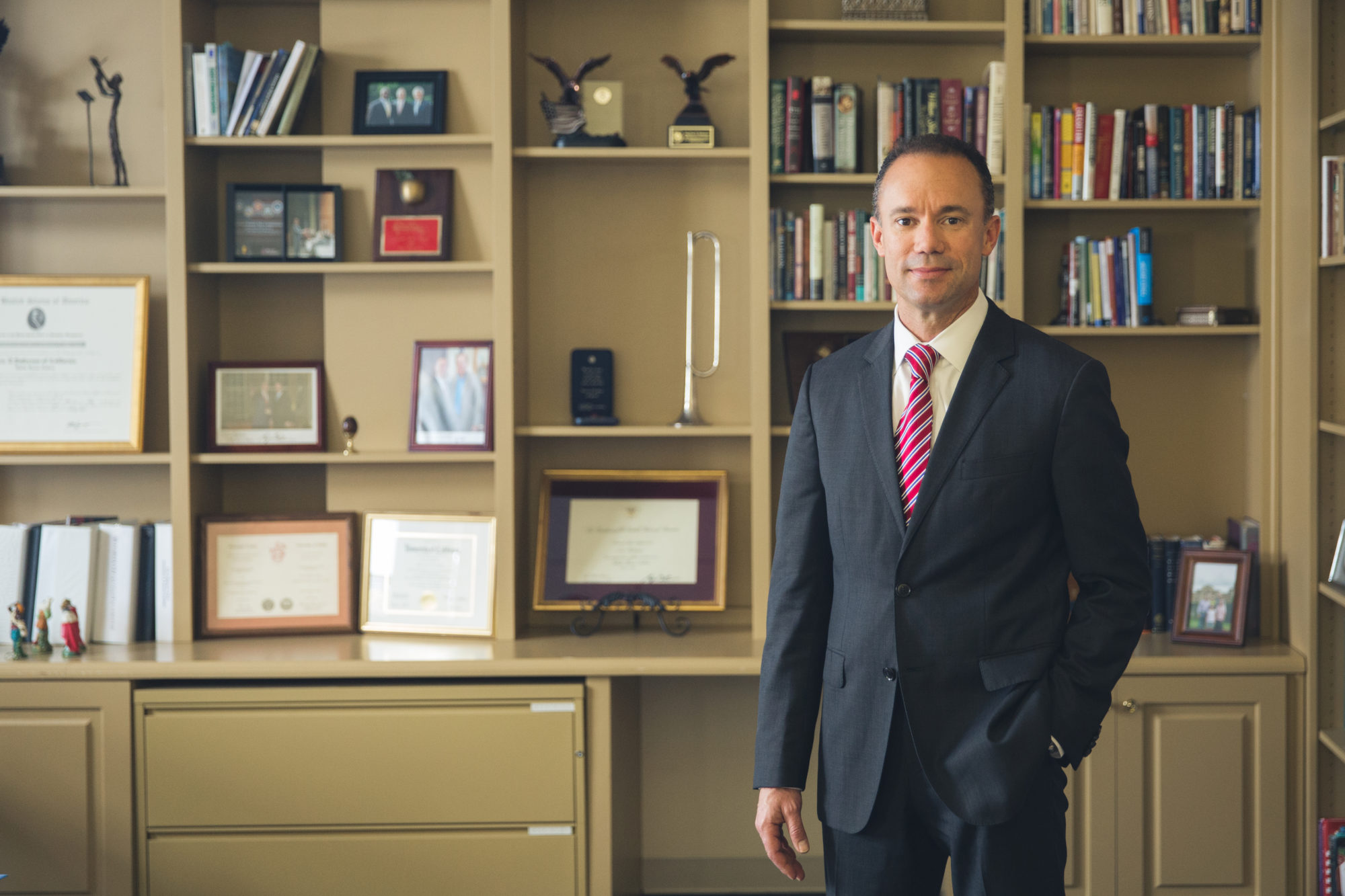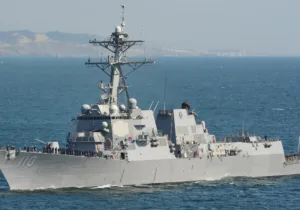“And I’m proud to be an American, where at least I know I’m free. And I won’t forget the men who died, who gave that right to me.”
– Lee Greenwood
This week our country pauses to honor our war dead. Most citizens see Memorial Day as a three-day weekend that kicks of summer, and so much time will be spent on leisure and recreational activities. But Memorial Day should remind us of a debt that we, as citizens, owe to those who paid the ultimate sacrifice, and it is a call to action to appropriately honor those who have served in the armed forces. Memorial Day is a call to passionate patriotism—what we love and what we are for—as distinct from chauvinistic forms of hyper-nationalism.
Americans have several patriotic holidays. July 4 celebrates our independence. Veterans Day, which coincides with the World War I armistice of November 11, honors living veterans who have served our country. Oft-overlooked Armed Forces Day (the third Saturday in May) honors the men and women currently serving in uniform.
Memorial Day, then, focuses our attention on those who fell in battle and our deceased military veterans. As Ronald Reagan said, “And if words cannot repay the debt we owe these men, surely with our actions we must strive to keep faith with them and with the vision that led them to battle and to final sacrifice.” Memorial Day’s roots are in Decoration Day in the 1860s, when citizens decorated the graves of the dead. The practice took root in our culture and ultimately became a federal holiday in the twentieth century. For much of the past 150 years, communities celebrated Memorial Day with parades, the construction of memorials, and large civic functions. Today, most such events are just a shadow of their former selves, as fewer and fewer Americans formally participate.
How should we honor our war dead? First, we must drop the mistaken notion that honoring the sacrifice of military personnel somehow justifies everything that happens in war. This is a false objection to Memorial Day and other patriotic holidays because what we are honoring is the courage and service of those who fought and died, not every action or motivation in their hearts. Memorial Day should, however, call us to a level of civic pride for the good of those achievements such as the liberation of Nazi and Imperial Japanese concentration camps, stopping German aggression in Europe during World War I, and rescuing Kuwait from Saddam Hussein in 1991. We have plenty of other days to critique the stratagems and intentions of past wars.
We live in a country and historical moment where there is little real sacrifice, so it is incumbent on us to pause at times and recognize that there have been generations who had to make huge sacrifices. As Sergeant Major Bill Paxton demanded, “May we never forget our fallen comrades. Freedom isn’t free.” World Wars I and II were fought by millions of Americans, including wives growing “liberty gardens,” dramatic rationing and shortages, citizens purchasing “liberty bonds” to fund the war effort, while all the while millions of men answered the call to service. Reflecting on this sacrifice should make us thankful. I’ve often thought that General George S. Patton got it half-right when he remarked, “It is foolish and wrong to mourn the men who died. Rather we should thank God such men lived.”
Memorial Day should make us reflect on the nature of our civic activity and how we share time with other citizens. Do we take the time to involve our children in shared civic activities, such as laying wreaths at the tombs of fallen soldiers, cleaning up cemeteries, visiting war monuments, cheering at parades, and the like? Memorial Day is an opportunity to transmit values of thanksgiving, honor, service, and civic pride to our children. It would only take an hour or two to participate annually in such events in your own city.
Memorial Day also calls us, the living, to account. President Obama argued, “Our nation owes a debt to its fallen heroes that we can never fully repay.” Are we doing what should be done for widows and orphans? Is our country meeting its moral responsibility to the families of the fallen? By extension, and Veterans Day reminds us of this, are we doing what should be done to meet the physical, psychological, material, spiritual, and other needs of our military veterans? Memorial Day reminds us that not all who have passed did so on the battlefield. Many came home bloodied and scarred and live that way until their ultimate passing. Memorial Day calls on us to not let the next generation of veterans pass without care, as sadly has happened after some wars in the past.
A key point here is honor. We just do not talk a lot about honoring others in our society. Instead, we’ve become a narcissistic culture focused on glorifying my-self, whether through selfies, hyped online adventure profiles, or inflated credentials. Memorial Day puts all of that Kardashian culture into sharp relief. The radical license of our current society is so different from the sacrifices of Valley Forge, Gettysburg, the Somme, Iwo Jim, Hamburger Hill, and elsewhere. Moreover, every time a soldier or veteran falls, there is a family who is bereft of a parent, a sibling, a child, and in most cases, a breadwinner. Does Memorial Day remind us of these losses? It should call us to recommit to honor those families, including in the provision of their needs. Harry S. Truman wrote, “Our debt to the heroic men and valiant women in the service of our country can never be repaid. They have earned our undying gratitude. America will never forget their sacrifices.”
Memorial Day, and other patriotic holidays, are seen with some skepticism by sectors of our society who demean the entire American experiment in liberal democracy and calls for patriotism. Appropriate patriotism—which means love of one’s family, community, and fellow man—is entirely consistent with Christianity. As Charles de Gaulle wrote, “Patriotism is when love of your own people comes first; nationalism, when hate for people other than your own comes first.” In this sense, Memorial Day can also be a spiritual corrective: we are called to love. We are called to examine our own hearts and intentions. We are never called to hate and therefore never called to chauvinistic, hateful forms of hyper-nationalism.






